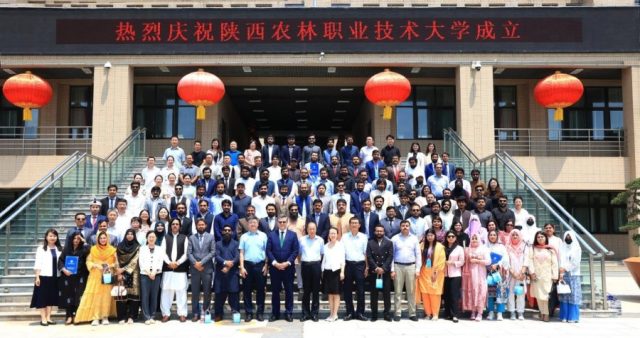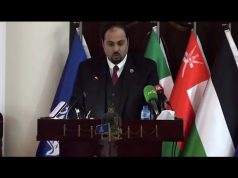ISLAMABAD, Friday, July 18, 2025 (WNP): Prime Minister Shehbaz Sharif on Friday expressed satisfaction and pride as the first batch of approximately 300 Pakistani agriculture graduates successfully completed their hands-on training in China, marking a major milestone in a bilateral initiative to modernize Pakistan’s agricultural sector.
Taking to his official X (formerly Twitter) account, the prime minister wrote, “Very heartening to know that the first batch of around 300 Pakistani agriculture graduates have successfully completed their hands-on practical training in Shaanxi Province, China.”
The training covered critical areas such as water-saving irrigation techniques, seed production, animal husbandry, crop yield enhancement, and post-harvest loss prevention — all vital components for strengthening Pakistan’s food security and agricultural productivity.
The program is part of a 1,000-agriculture graduates training initiative announced by Prime Minister Shehbaz Sharif during his visit to China in June 2024. The initiative aims to equip young Pakistani professionals with cutting-edge agricultural skills and technological knowledge to transform the country’s farming landscape.
Prime Minister Shehbaz extended his gratitude to the Chinese leadership, the Shaanxi Government, and the partner universities for their cooperation and support. He also lauded the efforts of the Ministry of National Food Security, the Higher Education Commission (HEC), and the Embassy of Pakistan in Beijing for facilitating the smooth implementation of the initiative.
The success of the first batch is expected to serve as a catalyst for enhanced cooperation in the agriculture sector under the broader framework of China-Pakistan agricultural modernization and the Belt and Road Initiative.
The next batches of Pakistani agriculture graduates are expected to begin training in the coming months, contributing to a new era of scientific farming and sustainable agricultural development in Pakistan.




